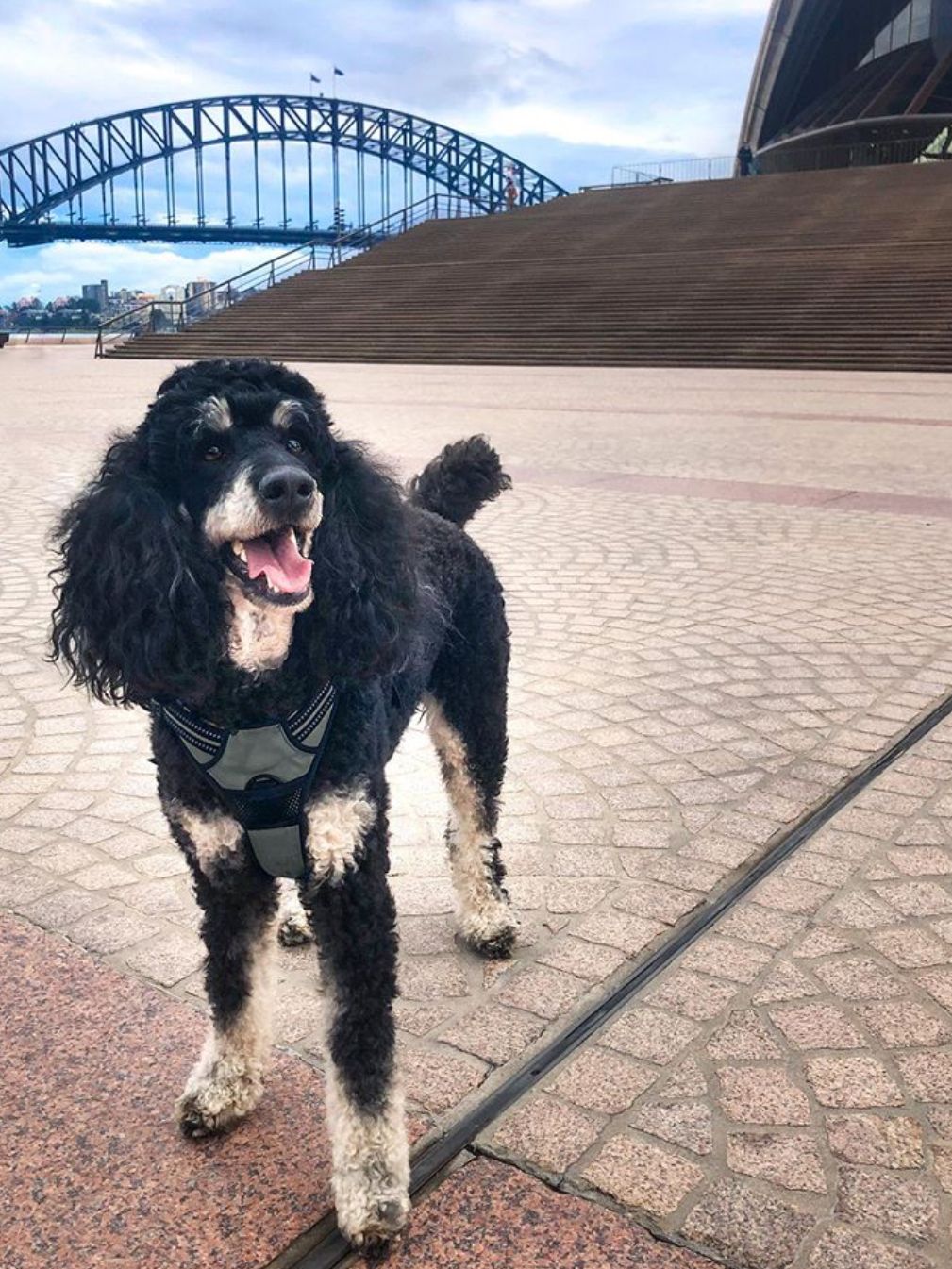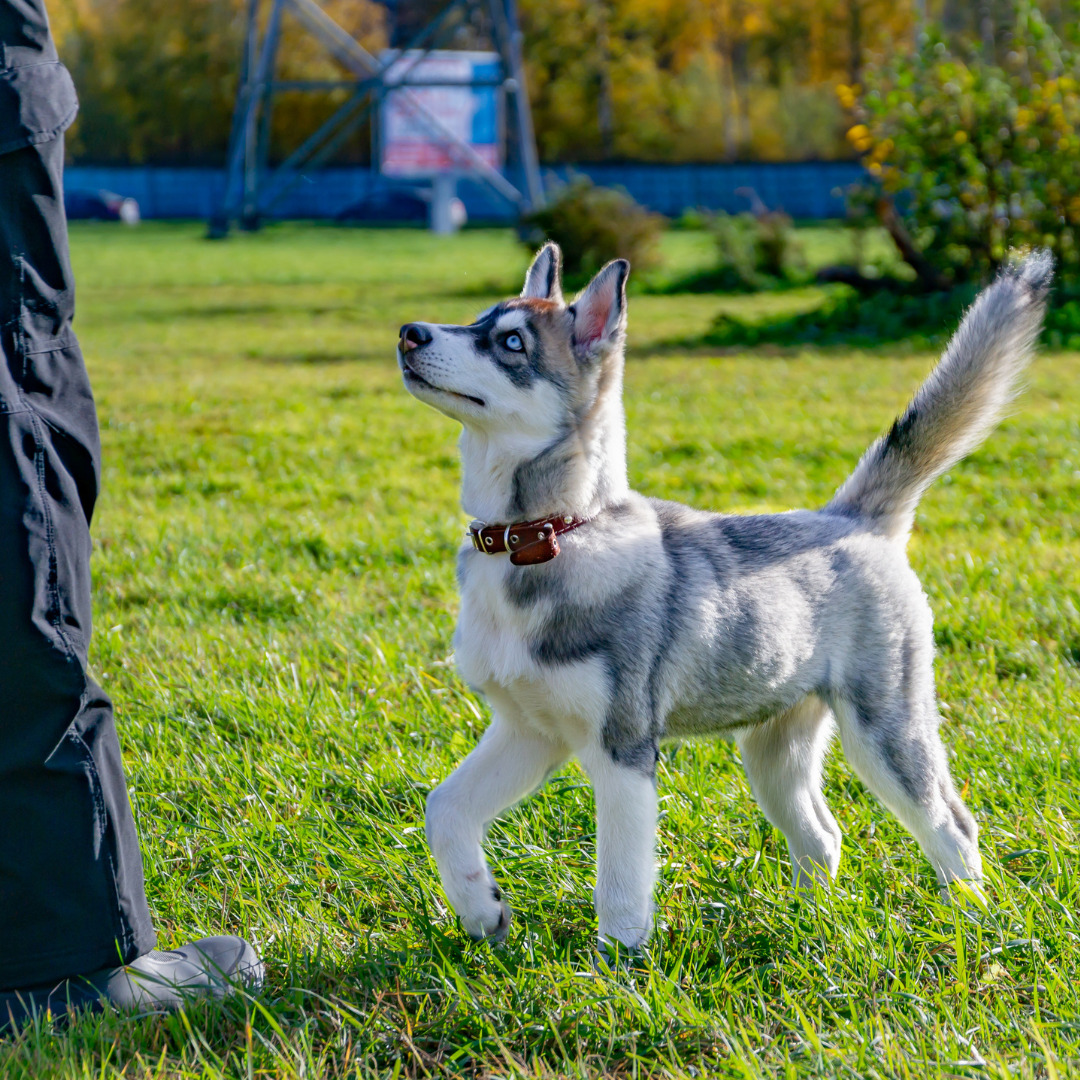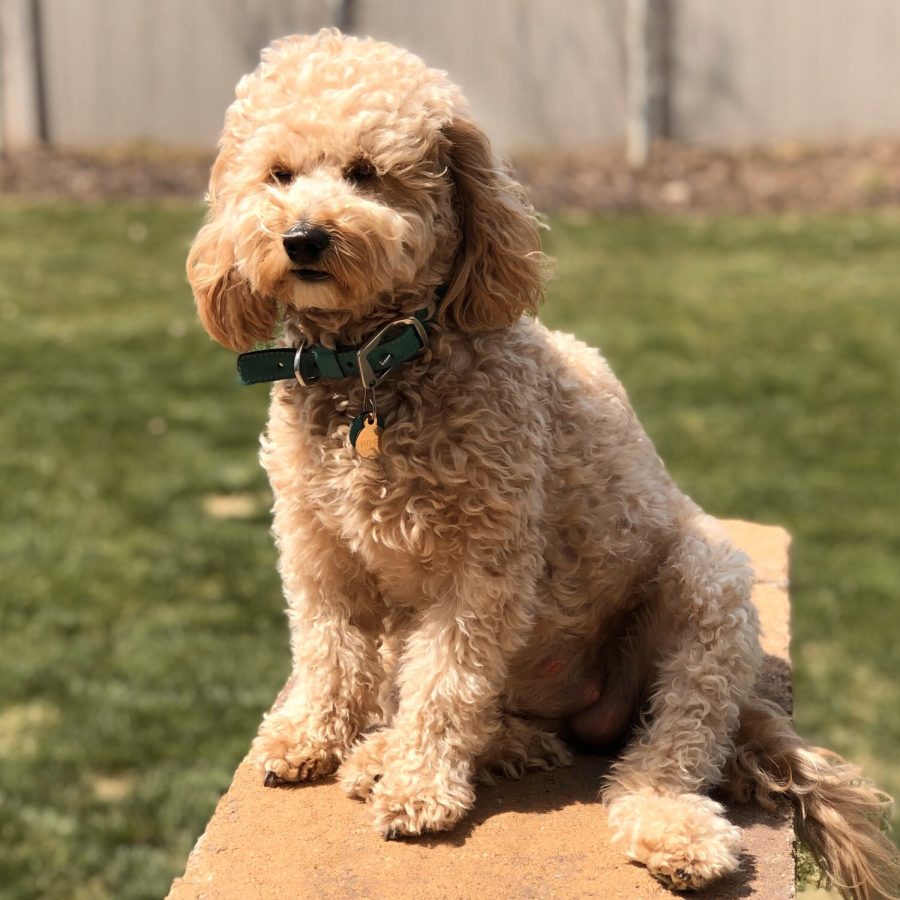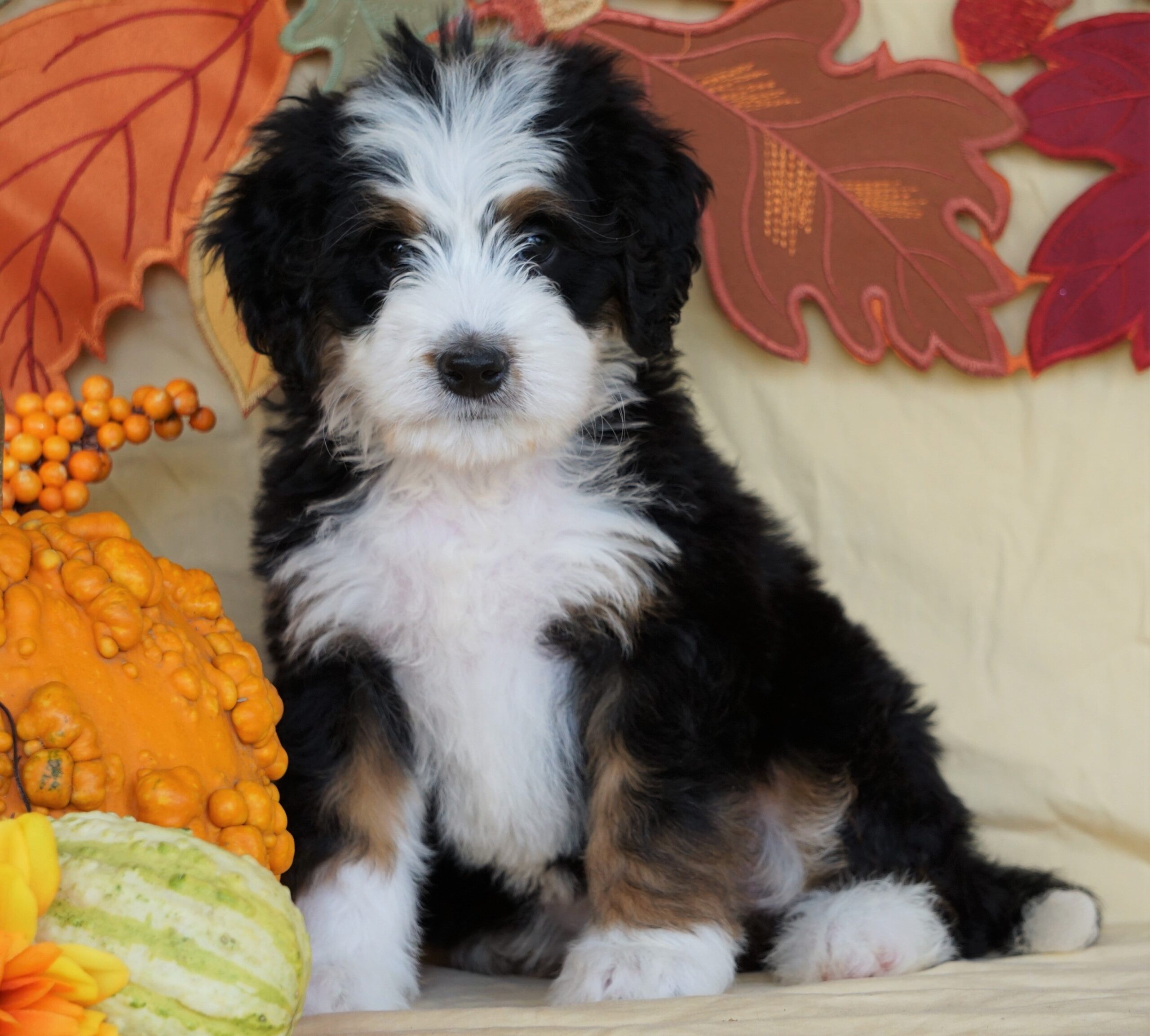Phantom Poodles are a unique variety within the Poodle breed, renowned for their purebred lineage and distinctive bi-colored coat markings. These dogs exhibit intelligence, elegance, and versatility like their Poodle counterparts. With a thick, dense, and fluffy coat available in various sizes, Phantom Poodles boast a unique contrast between primary and secondary coat colors. They typically live 12-15 years with proper care. Health concerns can include Progressive Retinal Atrophy and Addison’s Disease. Grooming, exercise, and regular veterinary care are crucial for their well-being. Discover more about caring for and understanding Phantom Poodles’ needs.
Are Phantom Poodles Purebred?
Phantom Poodles are considered purebred dogs with a unique coat pattern that sets them apart within the Poodle breed. These dogs exhibit distinctive bi-colored markings on their solid-colored coats, making them easily recognizable. The Phantom Poodle is not a separate breed but rather a variety within the Poodle breed that showcases specific coat markings. Despite their unique appearance, Phantom Poodles are still classified as purebred due to their lineage and adherence to breed standards.
Poodles, in general, are known for their intelligence, elegance, and versatility, with Phantom Poodles embodying these traits alongside their striking coat pattern. Their lineage can be traced back to the same origins as other Poodles, with the Phantom pattern being a recessive trait that can be influenced through breeding strategies. This unique coat pattern has garnered attention and popularity, making Phantom Poodles sought after by dog enthusiasts seeking a purebred dog with a distinctive appearance.
What Does Phantom Mean In Poodles?
The term ‘phantom’ in relation to Poodles refers to a specific coat pattern characterized by distinct bi-colored markings on their solid-colored fur. These markings typically appear above the eyes, on the sides of the muzzle, across the chest, under the tail, and on all four legs. The secondary color in the phantom pattern is often a rich tan, silver, cream, apricot, red, or chocolate, contrasting with the base coat color.
| Body Part | Phantom Marking | Base Coat Color |
|---|---|---|
| Above Eyes | Tan | Black |
| Sides of Muzzle | Silver | Brown |
| Across Chest | Apricot | Red |
These unique bi-colored markings give Phantom Poodles a striking and distinguished appearance. The contrast between the two colors creates an elegant and eye-catching look, setting them apart from other Poodle coat patterns.
Phantom Poodle Appearance
With their distinctive bi-colored markings on a solid-colored fur base, Phantom Poodles exhibit a striking and elegant appearance. These poodles have a thick, dense, and fluffy coat with specific secondary markings that set them apart from other breeds. They can grow to be 8 – 24 inches tall and weigh about 6 to 70 pounds, with variations in size depending on the type: Toy, Miniature, Medium, Standard, and Teacup Phantom Poodles.
Their eye colors can range from brown to light-colored, adding to their unique and captivating look. Compared to Parti Poodles, Phantom Poodles have less white fur, emphasizing the contrast between their primary and secondary coat colors. The coat colors of Phantom Poodles include silver, chocolate, black, tri, and red, each with distinct solid base colors mixed with cream, apricot, or other markings.
Understanding the genetics behind Phantom markings in Poodles sheds light on the intricate beauty of these dogs, making them a popular choice for those seeking a unique and visually appealing pet.
How Long Do Phantom Poodle Live?
Known for their longevity and vitality, Phantom Poodles typically live for an average of 12 to 15 years. Despite this average lifespan, individual dogs may live longer with proper care and genetics playing crucial roles in determining longevity. Factors such as diet, exercise, environment, and healthcare can significantly impact a Phantom Poodle’s lifespan.
To provide a clearer picture, the table below outlines the average lifespan of Phantom Poodles in comparison to other popular dog breeds:
| Breed | Average Lifespan |
|---|---|
| Phantom Poodle | 12-15 years |
| Labrador Retriever | 10-12 years |
| Golden Retriever | 10-12 years |
It’s important to note that while Phantom Poodles are known for their relatively long lifespan compared to some breeds, providing them with regular veterinary check-ups, a balanced diet, mental stimulation, and proper exercise can contribute to ensuring they live a happy and healthy life.
Progressive Retinal Atrophy
Progressive Retinal Atrophy (PRA) is a genetic eye disorder that affects various dog breeds, including Phantom Poodles. PRA causes the degeneration of the retina, leading to progressive vision loss and, in severe cases, blindness. Symptoms of PRA in Phantom Poodles may include night blindness, dilated pupils, increased reflection from the eyes, and eventually complete vision loss.
Unfortunately, there is no cure for PRA. However, early detection through regular veterinary eye exams can help manage the condition and provide strategies to maintain the dog’s quality of life. Genetic testing is also available to identify carriers of the PRA gene, allowing breeders to make informed decisions to reduce the prevalence of this disorder in future generations of Phantom Poodles.
It is crucial for Phantom Poodle owners to be aware of the signs of PRA and to prioritize regular eye check-ups to monitor their pet’s eye health. By staying informed and proactive, owners can ensure the well-being and happiness of their beloved Phantom Poodles despite the challenges posed by Progressive Retinal Atrophy.
Cataracts
Phantom Poodles, including those affected by genetic eye disorders like Progressive Retinal Atrophy, may also be prone to developing cataracts, a condition that affects the lens of the eye. Cataracts can lead to cloudiness in the eye, affecting the dog’s vision. It is essential for Phantom Poodle owners to be aware of the signs of cataracts, such as a milky or cloudy appearance in the eye, changes in eye color, or vision difficulties. Regular veterinary check-ups can help in early detection and management of cataracts in Phantom Poodles.
| Symptoms of Cataracts in Phantom Poodles | Preventive Measures | Treatment Options |
|---|---|---|
| Cloudy or milky appearance in the eye | Regular eye examinations | Surgical removal |
| Changes in eye color | Healthy diet | Medication |
| Vision difficulties | Avoidance of trauma | Monitoring progression |
Addison’s Disease
Originating from the adrenal glands, Addison’s Disease, also known as hypoadrenocorticism, is a condition characterized by insufficient production of hormones essential for bodily functions. In dogs, this disease can affect Phantom Poodles, leading to symptoms such as lethargy, weakness, vomiting, diarrhea, and weight loss. Addison’s Disease occurs when the adrenal glands fail to produce an adequate amount of cortisol and aldosterone hormones, impacting the dog’s metabolism, electrolyte balance, and response to stress.
Diagnosis of Addison’s Disease in Phantom Poodles involves blood tests to measure hormone levels and electrolyte concentrations. Treatment typically includes hormone replacement therapy to manage the hormonal imbalances. Owners of Phantom Poodles with Addison’s Disease need to work closely with their veterinarian to monitor the condition and adjust the treatment plan as necessary. With proper management and regular veterinary care, Phantom Poodles with Addison’s Disease can lead happy and fulfilling lives.
How To Take Care Of Phantom Poodles?
When caring for Phantom Poodles, it is important to prioritize their unique grooming and health needs to ensure their well-being and longevity. Phantom Poodles have a dense, curly coat that requires regular brushing to prevent matting and tangling. Daily grooming not only keeps their coat healthy but also helps distribute natural oils, keeping their skin moisturized. Bathing should be done occasionally using a mild dog shampoo to avoid stripping the coat of its natural oils.
In addition to grooming, Phantom Poodles require a balanced diet to maintain their overall health. High-quality dog food, appropriate for their age and size, is essential to meet their nutritional needs. Avoid feeding them table scraps or foods that are harmful to dogs, as this can lead to health issues.
Regular exercise is also crucial to keep Phantom Poodles physically fit and mentally stimulated. Providing them with opportunities to play, run, and engage in activities will help prevent obesity and promote their well-being. Lastly, routine veterinary check-ups are necessary to monitor their health and address any potential issues promptly.
Dietary Requirements
A balanced and nutritious diet is essential for maintaining the health and well-being of Phantom Poodles. When it comes to feeding your Phantom Poodle, it is crucial to provide high-quality dog food that meets their dietary requirements. Opt for premium dog food that is specifically formulated for medium to large-sized breeds with moderate to high energy levels. Consider feeding your Phantom Poodle a diet rich in lean proteins, complex carbohydrates, healthy fats, vitamins, and minerals to support their overall health.
Phantom Poodles benefit from a diet that includes a mix of dry kibble and wet food to ensure they receive an adequate amount of moisture in their diet. It is important to monitor their food intake to prevent obesity, as excess weight can lead to health issues such as joint problems and decreased mobility. Additionally, providing fresh water at all times is essential to keep your Phantom Poodle hydrated and healthy. Consult with your veterinarian to determine the appropriate feeding schedule and portion sizes based on your dog’s age, weight, and activity level.
Exercise Requirements
To ensure the overall well-being and health of Phantom Poodles, understanding and meeting their exercise requirements is vital. Phantom Poodles are energetic and intelligent dogs that require regular physical activity to stay healthy and happy. Here are some essential points to consider when it comes to exercising your Phantom Poodle:
- Daily Exercise Routine:
Phantom Poodles benefit from a consistent daily exercise routine that includes activities like brisk walks, interactive play sessions, and mental stimulation games to keep them mentally and physically engaged. - Moderate Intensity Workouts:
Engaging in moderate-intensity workouts such as running, hiking, or agility training can help Phantom Poodles burn off excess energy and maintain a healthy weight. - Social Interaction:
Phantom Poodles are social animals and enjoy exercising in the company of their owners or other dogs. Regular trips to the dog park or playdates with other friendly dogs can provide them with the social interaction they crave. - Variety in Activities:
Introducing a variety of exercise activities like swimming, fetch, or obedience training can prevent boredom and ensure that your Phantom Poodle remains active and stimulated.
Do Phantom Poodles Bark A Lot? Temperaments Of Phantom Poodles
The barking tendencies and temperamental traits of Phantom Poodles are essential aspects to consider when understanding their behavior and communication patterns. Phantom Poodles are known for being intelligent, playful, and energetic dogs. When it comes to barking, Phantom Poodles, like many other breeds, can vary in their vocalization levels. Some Phantom Poodles may bark more frequently, especially if they are not adequately stimulated or trained, while others may be quieter. Understanding the typical temperament of Phantom Poodles can help owners provide appropriate training and enrichment to minimize excessive barking behaviors.
| Temperamental Traits | Description |
|---|---|
| Intelligent | Quick learners |
| Energetic | Require regular exercise |
| Playful | Enjoy interactive games |
Temperament
After exploring the barking tendencies and temperamental traits of Phantom Poodles, it is evident that their intelligence and energy levels significantly influence their overall temperament. Phantom Poodles are known for their unique combination of characteristics that make them delightful companions. Here are some key aspects of their temperament:
- Intelligence: Phantom Poodles are highly intelligent dogs, ranking second in intelligence among all dog breeds. This intelligence contributes to their trainability and problem-solving abilities.
- Energetic: These dogs have a high level of energy and require regular physical activity to stay healthy and happy. Their energy levels make them excellent partners for various activities, from agility training to long walks.
- Social and Affectionate: Phantom Poodles are social animals that thrive on human companionship. They are known for their affectionate nature and loyalty towards their families.
- Alertness: Due to their watchful and alert temperament, Phantom Poodles make excellent watchdogs, quick to notify their owners of any perceived threats.
Intelligence
Exploring the cognitive prowess of Phantom Poodles reveals a remarkable aptitude for problem-solving and learning. These dogs exhibit high levels of intelligence, making them quick learners and excellent problem solvers. Phantom Poodles are known for their ability to grasp commands swiftly, respond well to training, and excel in various activities that stimulate their minds. Their intelligence also translates into adaptability, allowing them to pick up new tasks and skills with ease.
In addition to their problem-solving skills, Phantom Poodles showcase exceptional memory retention, enabling them to remember commands and routines effectively. This cognitive ability contributes to their trainability and makes them well-suited for activities that require mental agility. Their intelligence, combined with a willingness to please their owners, fosters a strong bond between Phantom Poodles and their families. Overall, the remarkable intelligence of Phantom Poodles enhances their companionship and makes them a joy to train and interact with.
At What Age Do Phantom Poodles Calm Down?
When do Phantom Poodles typically exhibit a decrease in their energy levels and become more settled?
Phantom Poodles generally start to calm down around 1 to 2 years of age. This period marks a transition from puppyhood to young adulthood, where their exuberance begins to mellow. Factors such as training, socialization, and genetics can influence the exact timing of this change.
Here are some key points to consider:
- Training: Consistent training from an early age can help Phantom Poodles learn to channel their energy effectively and develop self-control.
- Socialization: Proper socialization with other dogs and people can contribute to a well-balanced temperament and a calmer demeanor.
- Exercise: Providing adequate physical exercise and mental stimulation is essential for managing their energy levels and promoting relaxation.
- Health: Keeping up with regular veterinary check-ups ensures that any health issues impacting their behavior are addressed promptly.
Do Phantom Poodle Shed? Grooming Tips For Phantom Poodle
Phantom Poodles are known for their minimal shedding and require regular grooming to maintain their coat’s health and appearance. Despite their low shedding, Phantom Poodles need consistent grooming to prevent matting and maintain a healthy coat. Here are some grooming tips for Phantom Poodles:
| Grooming Tip | Description |
|---|---|
| Brushing | Regular brushing helps remove loose fur and prevents tangles. |
| Bathing | Occasional baths with dog-specific shampoo keep their coat clean and healthy. |
| Nail Trimming | Keeping their nails short is essential for their comfort and mobility. |
| Ear Cleaning | Regular ear checks and cleaning prevent infections and maintain ear health. |
| Professional Grooming | Periodic visits to a professional groomer can help in maintaining their coat and overall appearance. |
Conclusion
In conclusion, Phantom Poodles are a unique and fascinating breed known for their distinct coat patterns, energetic nature, and intelligence. Understanding their genetics, appearance, temperament, and specific care needs can help prospective owners provide a loving and suitable environment for these beloved companions.
With proper grooming, training, and attention to health concerns, Phantom Poodles can thrive and bring joy to households that appreciate their special qualities.




